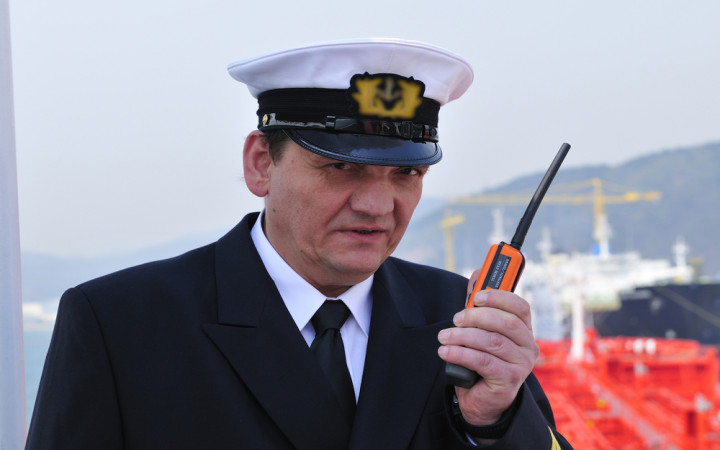Mayday! Mayday! Mayday! It's the call that no airplane pilot or ship's captain ever wants to have to make. Why? Because it means trouble. Big trouble!
Mayday is the word used around the world to make a distress call via radio communications. Mayday signals a life-threatening emergency, usually on a ship or a plane, although it may be used in a variety of other situations.
Procedure calls for the mayday distress signal to be said three times in a row — Mayday! Mayday! Mayday! — so that it won't be mistaken for another word or phrase that sounds similar under noisy conditions. A typical distress call will start with mayday repeated three times, followed by all the relevant information that potential rescuers would need, including type and identity of craft involved, nature of the emergency, location or last known location, current weather, fuel remaining, what type of help is needed and number of people in danger.
Mayday got its start as an international distress call in 1923. It was made official in 1948. It was the idea of Frederick Mockford, who was a senior radio officer at Croydon Airport in London. He came up with the idea for “mayday" because it sounded like the French word m'aider, which means “help me."
Sometimes a mayday distress call is sent by one vessel on behalf of another vessel in danger. This is known as a mayday relay. A mayday relay is sometimes necessary if the vessel in danger loses radio communications. If a mayday call is repeated and not acknowledged, another vessel hearing the call may attempt to relay it again and again until help is reached.
A mayday call is not something to be taken lightly. In the United States, it's illegal to make a fake distress call. Doing so can land you in jail for up to six years and subject you to a $250,000 fine!
For situations that are less than life-threatening, one of several other urgent messages can be conveyed. For example, “Pan-Pan" — from the French word panne, which means “breakdown" — can be used to signal an urgent situation involving a mechanical or medical issue.
Another signal is “Securite"—from the French word sécurité, which means “safety." Securite is often used to convey a message about safety, such as bad weather or hazards. Like mayday, these phrases are usually repeated three times to avoid confusion.




